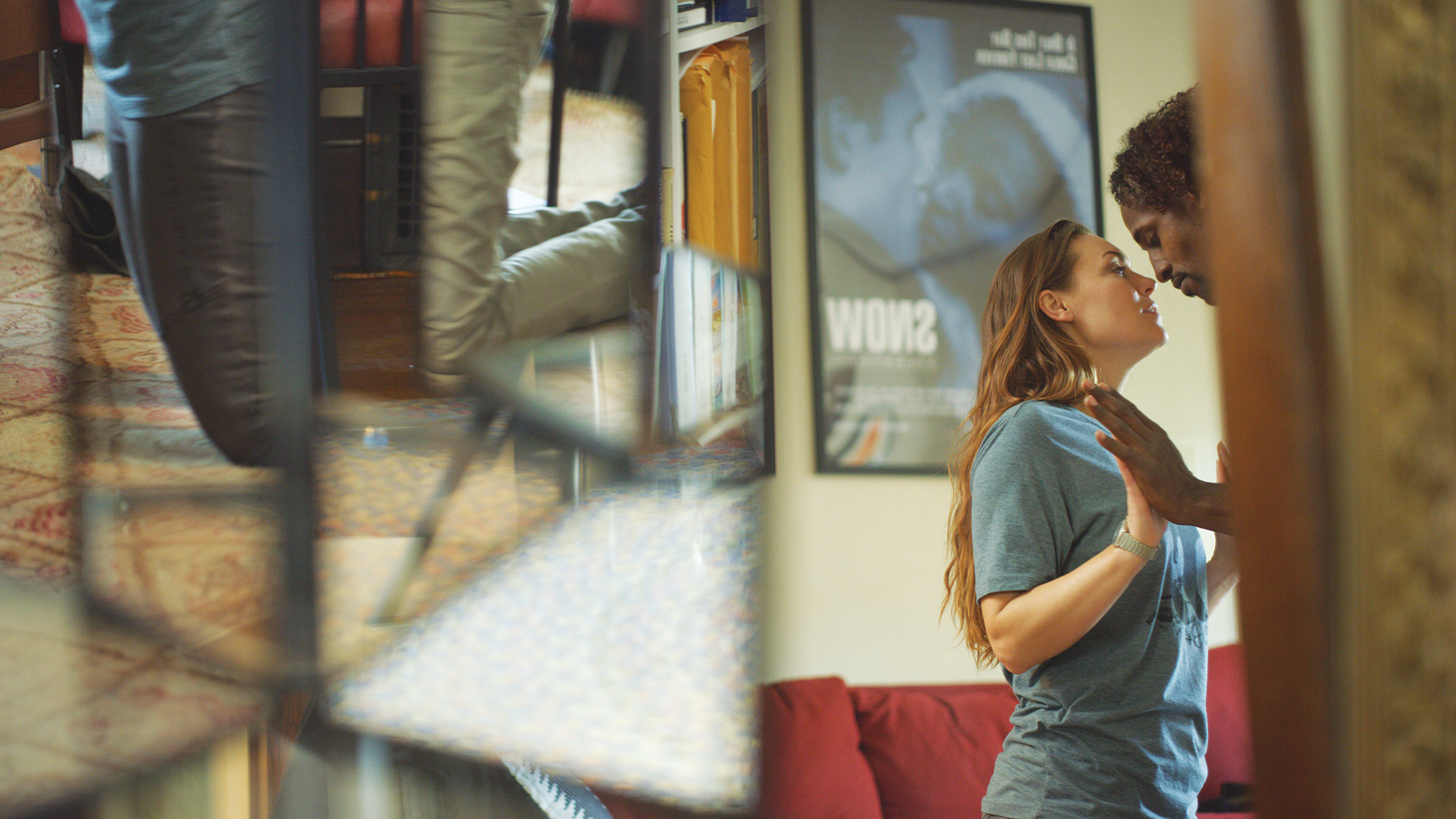A new film by Eric Tretbar, starring Faysal Ahmed and Amanda Day
Sunday, September 22, 2019
Doors 6 pm // Film 6:30 pm // Q&A 8:15 pm
$9 Advance // $12 At The Door
How can two people save the world? Love each other.
First Person Plural is the story of two Minneapolis filmmakers -- the son of a Somali imam and the daughter of a white Baptist preacher -- who fall in love through their camera lenses and bring their estranged families together on Thanksgiving Day. With empathy and humor, First Person Plural shows two families -- one Muslim, one Christian -- grappling with doubt and imperfection to discover their common conflicts and ultimately, love.
Starring Faysal Ahmed (Captain Phillips, 438 Days, Sicario 2) and Amanda Day (The Seeker, The Lumber Baron), along with Ahmed Ismail Yusuf (A Stray), Fathia Absie (The Lobby), Barkhad Abdirahman (Fargo, Captain Phillips), Mikey Johnson (Supermoto), Pearce Bunting (Boardwalk Empire), and Michelle O'Neill (Guthrie Theater).
Written and directed by Eric Tretbar
2019, USA, 92 minutes, drama
First Person Plural is the 8th feature film by Minneapolis-based writer, director and producer Eric Tretbar. His films have won the audience award at the Berlin Film Festival, received an Independent Spirit Award nomination (the "indie" Academy Awards), and aired on the Sundance Channel, German television, and NBC. They've also screened in competition at film festivals around the world including London, Athens, Sao Paulo, Warsaw, Seattle, Toronto, Rivertown, Orlando, Vienna, Hong Kong, and Melbourne, as well as at the Los Angeles Independent, the American Film Institute, and the Walker Art Center.
Synopsis
When Faysal and Bettina meet in a camera store, their painful Thanksgiving plans are pleasantly interrupted by love at first sight.They dive into a lively discussion of life, love and their personal filmmaking styles. Both children of clergy, they’re consumed by questions of doubt and faith in their family traditions, and in their common, personal religion - Cinema.
As the lovers' plans converge, so do their Thanksgiving film projects, revealing unexpected truths as they remove their camera masks and step in front of each other's lenses. In filming each other, they see themselves. But the closer they become, the more their families begin to intervene. Their little brothers are spying on them, angered at their worldly ways and interaction with perceived enemies. Faysal is angry to be judged by his little brother whose condemnations rekindle his own self-judgement. Bettina also judges herself harshly, still anguished over the family and church she left long ago.
Faysal invites Bettina to dinner at his parents’ apartment, and she accepts. Little does she know her family has tracked her down, her mother intent on reuniting her estranged children. Soon, the two families are thrown together for an impromptu meeting of cultures and rituals that will test their love and belief. In the end, it is Cinema itself that expresses hope--that their story might begin again and go a different way, a better way.

